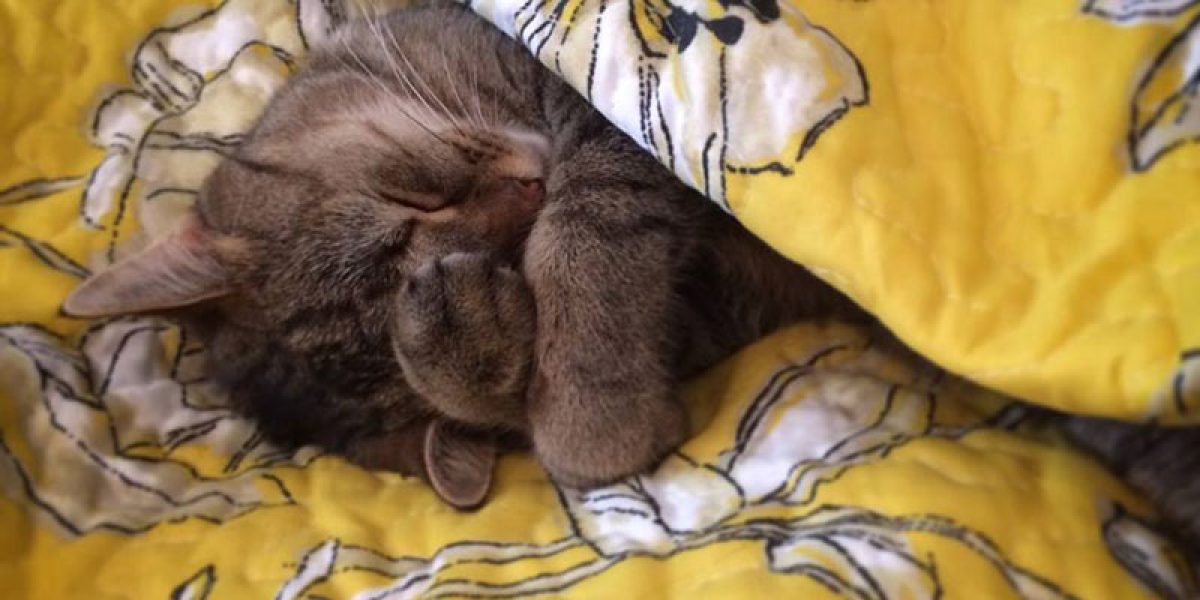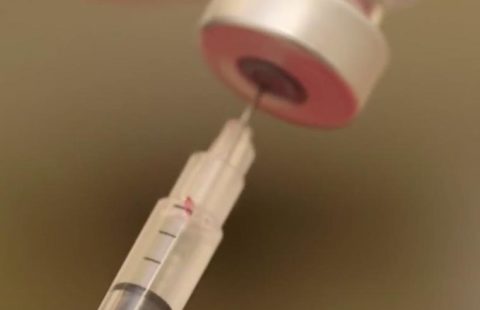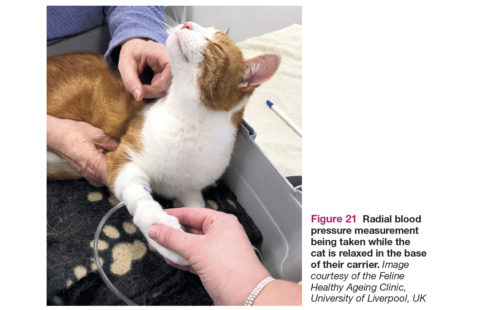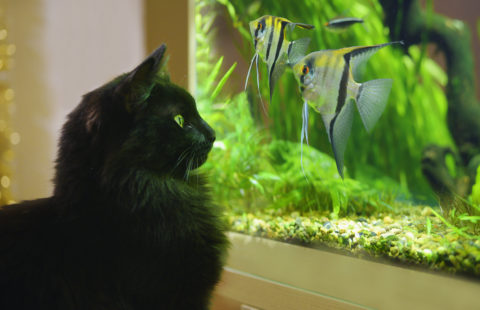It can be a very stressful and worrying time when our cats need to visit the vet, especially if the reason for the visit is due to illness or injury. Sometimes, your cat may need to go back to the vet for further investigations and/or surgery, or they may need to be admitted straight away for emergency procedures. You may feel helpless at this stage, but there are things that you can do to help your cat through the recovery process.
Planned sedation or general anaesthetic
Your cat may be booked in for a procedure which requires a heavy sedation or general anaesthetic, and can range from an electiveprocedure such as neutering or dental treatment to investigations such as X-rays and surgical operations. For these planned procedures, always follow the instructions given by your vet/ nurse.
It is likely you will be asked to withhold food from a set time the night before, although plain water is usually still allowed. Make sure your cat has had an opportunity to empty its bladder/bowels before taking it to the vet – this may mean keeping it in overnight the night before with access to a litter tray.
Ask your vet if you could leave a blanket or item of clothing to keep with your cat during its stay in the hospital so the cat has a familiar smell in its cage. Bear in mind that this may get soiled or lost, so make sure it is something you are prepared to part with. Also make sure your vet has up to date phone numbers to contact you on during your cat’s stay.
Vets and nurses do a fantastic job at making our cats well enough to go home, but recovery doesn’t stop there – as a cat owner you have an important role to play in getting your cat back to its normal self.
Coming home
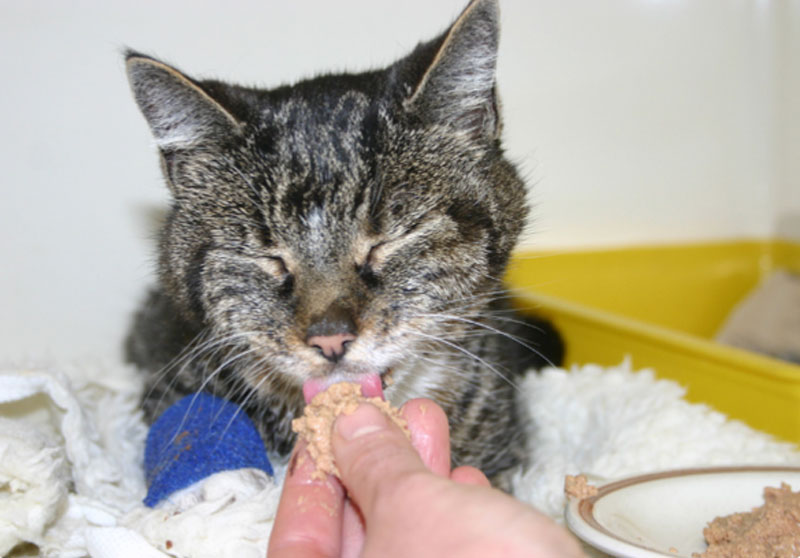
Nutrition is important when an animal is recovering. There are several things you can try to encourage your cat to eat, such as feeding by hand.
You will in no doubt be glad to have your cat back home, but remember that it is recuperating and therefore requires some special treatment during this time. Always follow your vet’s instructions regarding exercise, medications, feeding, dressings etc. If your cat has been given an Elizabethan collar to wear, then make sure it is warn at all times. As tempting as it is to remove it, it takes just a few seconds for a cat to pull a stich out meaning a trip back to the vet! If the collar is very stiff and seems uncomfortable, ask your vet if something more comfortable is available, as there are several different types of collars available, some more cat friendly than others. Keep your cat indoors in a warm, quiet area.
Your cat may need to be confined to a cage or small room (for example for fracture repair), so make sure you have everything ready and set up before you collect your cat from the vet who will be able to advise you of what you need to do. Cats are very good at hiding pain, and may only display very subtle behavioural changes – if you are concerned that your cat may be in pain, or if he/she is behaving differently to normal (bearing in mind that your cat may be a bit subdued), then please contact your vet for further advice. Although it is important to give your cat lots of tender loving care, also give them space and time alone to rest and recover.
Food is important
Nutrition is particularly important when an animal is recovering from illness or injury – cats which don’t eat enough are prone to malnutrition, which could lead to complications such as poor wound healing or a less robust immune system. Inadequate nutrition during recovery can delay the recovery time as well as increasing vet visits and overall costs.
It is important that overweight pets still eat during recovery – even though they carry a few extra pounds, it doesn’t mean that they are any less affected by a lack of nutrient intake. In fact, overweight cats who don’t eat enough are at higher risk of hepatic lipidosis – a life threatening condition of the liver.
Your vet may recommend a suitable recovery diet – there are some tasty diets available to help your cat recovery.
There are very few reasons to withhold food when a cat is ill. If you are concerned that your cat might be feeling nauseous or you have any other concerns, then contact your veterinary surgeon who will give further advice. Cats which haven’t eaten for 2 days, or have eaten less than 80% of their daily food requirements for 5 days are at risk of malnutrition and must be seen by a vet as soon as possible.
Tips for getting your cat to eat:
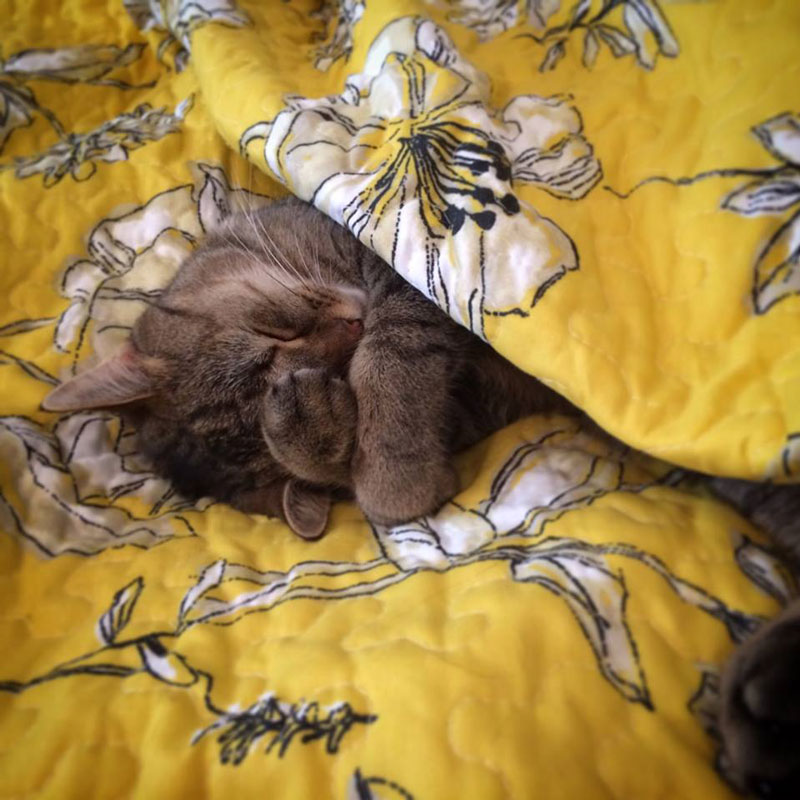
It can be a stressful and worrying time when your cat is unwell. Using this advice you can help your cat along the road to recovery.
- Try warming food – wet food can be placed in the microwave for just a few seconds (make sure it isn’t too hot in the middle).
- Try adding warm (not boiling) water to dry food and allow it to soak for a while.
- Give plenty of tender loving care – give your cat attention and encourage it to eat by hand feeding if required.
- Resist the urge to offer ‘human’ foods such as chicken or tuna as this can encourage bad feeding behaviours once your cat is feeling better. If you reach the point where you feel the need to try human food because your cat is still not eating, even after trying the tips above, then it is time to speak to your vet or vet nurse.
- Once your cat has fully recovered, you can re-introduce its regular food. This should be done slowly over a period of 7 days so as not to cause any digestive upsets.
Remember, your vet or vet nurse will always be happy to answer your questions or concerns, so if you have something that is worrying
or intriguing you about your cat’s health then please do contact them – there is no such thing as a silly question!
Useful links & info
For more advice on taking your cat back home after a visit to the vet, visit: www.icatcare.org/advice/taking-your-cat-home-after-vet
Make visits to the vet less stressful by taking your cat to one of our Cat Friendly Clinics. For more information, visit:
www.catfriendlyclinic.org
For advice on bringing your cat to the vet, see: www.icatcare.org/advice/bringing-your-cat-vet



